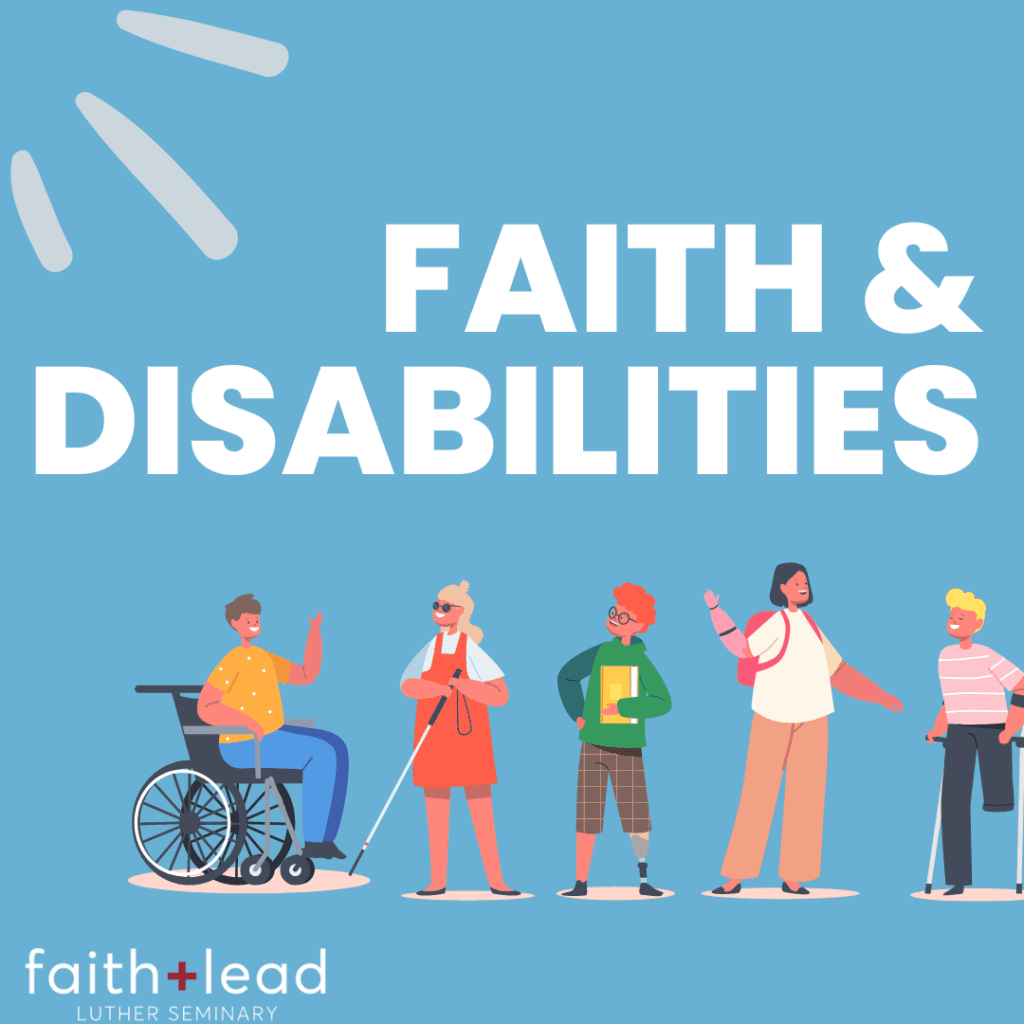Prior to the 1950’s, individuals with developmental disabilities (DDs) were largely hidden from society. For instance, children with a disability were often sent to institutions so as to not burden families. Adults with disabilities may have had to fend for themselves, and certainly did not participate in their communities. Some private organizations began to support children with disabilities around this time, such as The March of Dimes. However, there was very little systematic support for those with disabilities, which led many to be ostracized and excluded from their communities.
In 1963, President Kennedy signed the first Developmental Disabilities Act into law. At that time, the act created six University Affiliated Facilities (UAFs), which became the foundation for a decades-long transformation in how our nation supports those with DDs. The DD Act has been re-authorized several times, and those UAFs are now called University Centers of Excellence for Developmental Disabilities (UCEDDs; pronounced “U-sed”). There are now 67 UCEDDs nationwide, with at least one in every state and territory. Each UCEDD has a slightly different focus, but all are dedicated to disabilities advocacy, clinical services, and remedying the challenges that those with disabilities and their families face. Essentially, the UCEDD network is a resource to each of our states and territories to support those with DDs, so that they may live and participate in their communities in a manner of their choosing, with dignity and purpose so that they are not cast out as was done so many decades before. We, in the UCEDD world, often talk of “full community inclusion” for those with DDs as our goal.
Over the last 10 years or so, there has been a growing realization that faith is an important part of many people’s lives, including those with DDs. However, many people with disabilities have been excluded from their faith groups. In response to this, several UCEDDs formed a special interest group, called the Collaborative for Faith and Disability (CFD) to address this need. Our goal is to help our communities learn more about disabilities, and to explore the theology of disability. Further, because we are connected to UCEDDs, we have access to a vast library of resources that can support faith groups that include those with disabilities. Since our inception, we have evolved, and now welcome members from all faiths, churches, synagogues, mosques, seminaries, rabbinical schools, and others interested in ministries for those with disabilities.
Including disabled people in faith communities
Research suggests that many factors contribute to the degree to which individuals with disabilities are included (or excluded) from their faith groups (Ault, Collins, & Carter). In particular, it appears to be important for a congregation to be knowledgeable about disabilities and the impact it has on people’s lives. The nature of the disability is also important as it may impact how the individual is able to interact with the service and traditions. For instance, those with autism and sensory reactivity may not be able to tolerate the loud music of some services, and relatedly, the degree to which a congregation supports those with disabilities can impact inclusion. Finally, the attitudes and beliefs of the congregation can impact inclusion. This can be one’s individual attitudes, but some aspects of a religion’s theology can influence this as well. For instance, religions that practice adult baptism, and require an individual to consciously accept Christ may not allow those with intellectual disabilities to be baptized if there are questions about the level of cognitive comprehension of the sacrament or doctrine.
There are many nuances to these factors and how they relate to each other. However, the Collaborative for Faith and Disability, and UCEDDs more generally, can be a resource for faith groups wishing to create a more inclusive space, where those with disabilities belong.
The impact of disabilities
Given that increasing knowledge about disabilities supports increased inclusion, here are some important facts:
- Disabilities are not uncommon. They affect about 13% of the US population (US Census Bureau, 2019).
- There is an amazing amount of financial strain on families who support loved ones with disabilities.
- Those with disabilities are twice as likely to have incomes below $35,000/year.
- The recommendation for many children is to receive a large amount of intensive behavioral services, often 20-25 hours per week (Stansberry-Brusnahan & Collet-Klingenberg) which can lead to tremendous financial burden on the family and society. (Saunders et al)
- Parents of children with a DD often need to learn entirely new parenting strategies, which can impact their ability to work, have time for other children, and may impact their relationships. (Higgins, Bailey, & Pierce)
- Overall family quality of life is lower for families that have children with some disabilities like autism (Ezzat, Bayoumi, & Samarkandi)
- Social support has been shown to be one of the most important factors in improving wellbeing of parents of children with some disabilities (Benson)
Telling the truth about harmful theology
Although most churches strive to be welcoming places, it is startling to learn how many people with disabilities, and their families feel excluded from their faith. As noted above, some were taught that cognitively disabled people could never be baptized because they didn’t have the cognitive ability to understand the sacrament. Some were told that someone must have sinned in some horrible way to warrant such a punishment from God. Still others were actively excluded from their faith communities. I heard numerous stories of families being asked to leave a church because their child’s behavior was too disruptive. Sadly, one family was asked to leave 17 separate churches, so they simply gave up their faith. One of the most common stories I heard was about how well-meaning church-goers would comment that “God doesn’t give you more than you can handle.” The common response was “How could this be true when I constantly feel overwhelmed?! Is God punishing me? Or making a point? Or am I simply too weak?” Any of these excluding comments on their own are bad enough, but it is tragic how many members of the Collaborative for Faith and Disability share these stories.
If you do not have disabled people who are comfortable sharing their own stories in your midst, there are other ways to put a “face” on statistics and anecdotes, such as documentaries. A great example of this comes from a documentary called “Praying with Lior”. This movie follows a young man with Down syndrome as he approaches his Bar mitzvah. He is described by some as a “spiritual genius,” but many wonder about how much Lior understands the rituals that he loves. Is he reciting prayers because he truly understands their meaning, or because he simply memorized a string of words? Another excellent documentary is called Wretches & Jabberers. This film follows two adult men with autism as they travel through several countries to meet other people with disabilities. In the process they explore the meaning of their disabilities, their community, and their faith. It is a poignant portrayal and you might consider the discussions viewing either of these movies or both together might provoke.
Sharing best practices
While my work has revealed painful reminders of how those with disabilities are often excluded from their faith, being part of the UCEDD network has given me several opportunities to see how faith communities have created novel ways to support those with disabilities and include them in worship, many of which go well beyond a ramp at the church door. A great way that UCEDDs can be of use for congregations or even faithful families searching for resources is by sharing the experiments we learn about.
- Sensory-Friendly Worship – limiting the use of music, keep lights dim, and use a simplified and accessible liturgy
- Night Lights – This was started by a mother of a child with special needs that needed a break. She started working with her minister to use the church basement for respite care for her child. Formal respite care includes trained volunteers from the parish to watch over the child so the family can take a few hours to attend to other needs (e.g., grocery shopping, getting taxes done, a date, etc.). Importantly, nursing supervision is provided to ensure the safety of the attendees. This became a calling for this mother. She formed a non-profit, expanded the program to several local churches and now serves hundreds of families, including those who are not church members.
- The Putting Faith to Work program – helps churches find ways to support meaningful employment for disabled parishioners. This program has a manual to help congregations determine if this is a calling for their community, and if so, how to make sure it works for them. Given that only about 19% of those with disabilities are employed, this is an extremely powerful way that churches can be involved.
Your Turn
Locate your closest UCEDD, and brainstorm other nearby organizations that work with developmentally disabled people. Brainstorm with some other leaders: How are you being called to partner?
Works Referenced
Ault, M. J., Collins, B. C., & Carter, E. W. (2013). Factors associated with participation in faith communities for individuals with developmental disabilities and their families. Journal of Religion, Disability & Health, 17(2), 184-211. doi:10.1080/15228967.2013.781777
Benson, P. R. (2010). Coping, distress, and well-being in mothers of children with autism. Research in Autism Spectrum Disorders, 4 (2), 217–228.
Ezzat, O., Bayoumi, M., & Samarkandi, O. (2017). Quality of life and subjective burden on family caregiver of children with autism. American Journal of Nursing Science, 6, 33–39.
Ganz, M. L. (2007). The lifetime distribution of the incremental societal costs of autism. Archives of Pediatrics and Adolescent Medicine, 161, 343–349.
Higgins, Bailey, & Pearce. (2005). Factors associated with functioning style and coping strategies of families with a child with an autism spectrum disorder. Autism, 9(2), 125-137. doi: 10.1177/1362361305051403
Saunders, B. S., Tilford, J. M., Fussell, J. J., Schulz, E. G., Casey, P. H., & Kuo, D. Z. (2015). Financial and employment impact of intellectual disability on families of children with autism. Families, Systems, & Health, 33(1), 36–45. https://doi.org/10.1037/fsh0000102
Stansberry-Brusnahan, L., & Collet-Klingenberg, L. (2010). Evidence based practices for young children with autism spectrum disorders: guidelines and recommendations from the NationalResource Council and National Professional Development Center on autism spectrum disorders. International Journal of Early Childhood Special Education, 2(1), 45–56.




